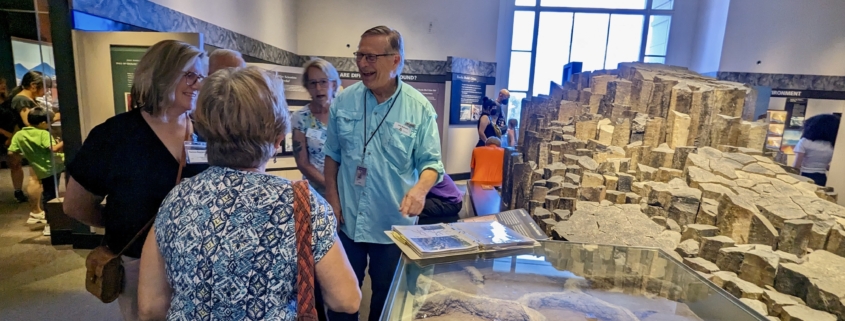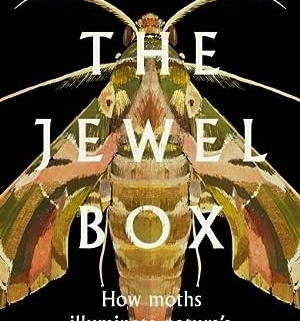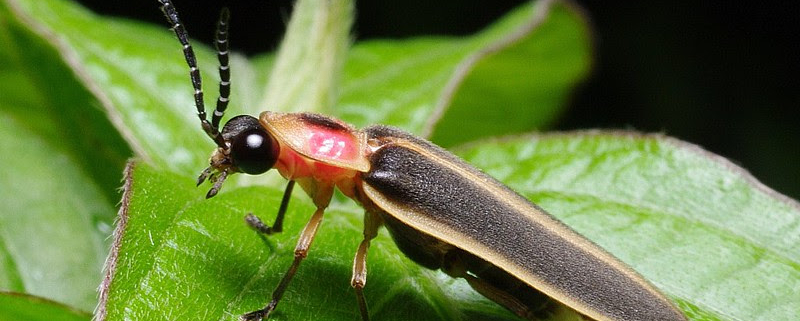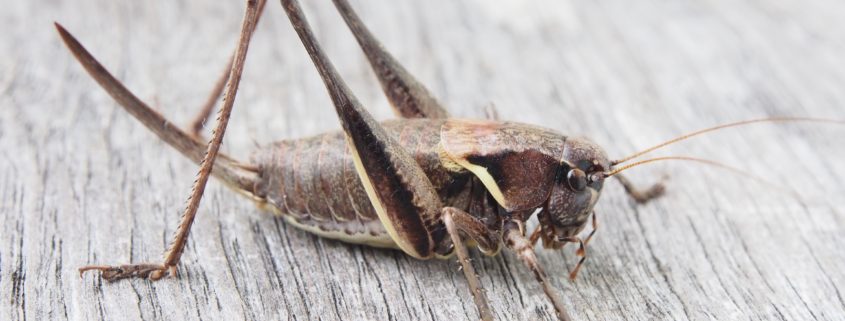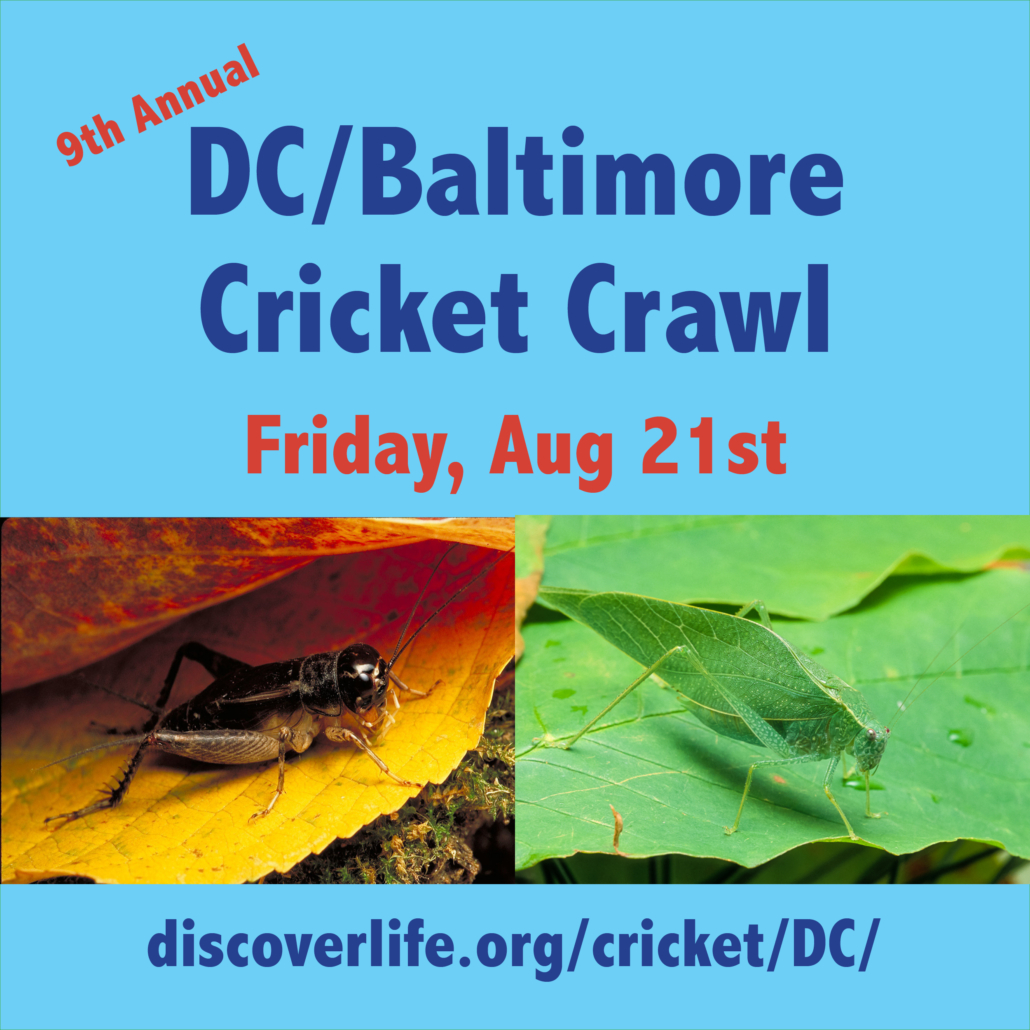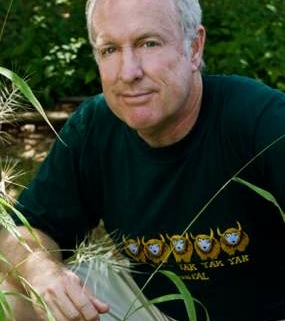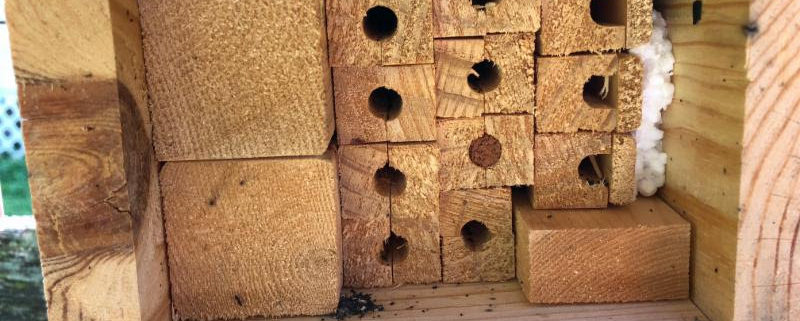Afternoon at the Smithsonian – Interpretive Tour of the Museum of Natural History
Photo by FMN Susan Martel, Geology section National Museum of Natural History with FMN Dr. John Kelmelis.
3:00 to 5:00PM (Tour is approximately 2 hours).
Where: National Museum of Natural History, Washington D.C.
Meet at the information desk in the rotunda beside Henry, the big elephant.
Group limit. 6 individuals
To register:
- Login to BI and click on your ‘Opportunities’ tab.
- Select ‘Opportunity Calendar’ from the pull-down list.
- Find the event in the displayed calendar and click on it to display event details.
- To sign up, Click on the ‘Sign Up’ box in the lower right. This automatically signs you up and puts the event on your calendar.
- To claim CE hours: use All Continuing Education -> FMN All other Chapter Training
Bring paper and pencil to take notes if you desire. No recordings please.
FMN Dr. Kelmelis will guide an interpretive tour of the Smithsonian Institution National Museum of Natural History relevant to Virginia Master Naturalists. This tour will identify the relationship of some exhibits to the natural environment of Virginia including the geologic history, mineralogy, entomology, osteology, evolution, mammalogy, and many other topics. Some of the take-aways will include an introduction of how the NMNH’s display collection can be used to enrich the naturalist’s understanding of science, the scientific method, and some techniques that are applicable to naturalists’ domain of interests; as well as some facts related to the natural condition and history of Virginia.


